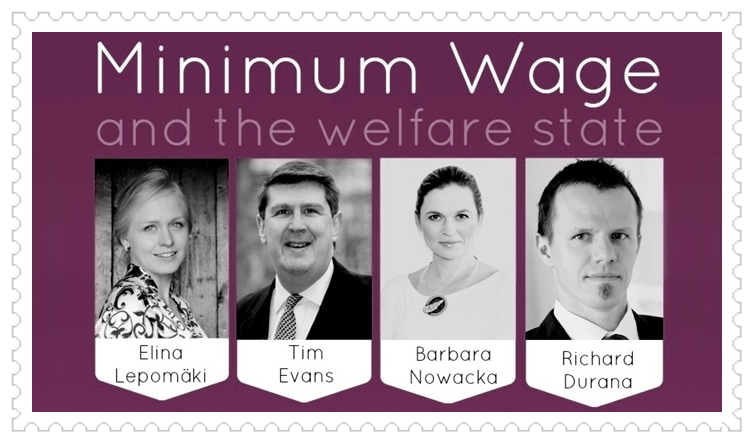
Comparing Labor Codes Based on Doing Business Methodology
BY
LFMI / May 18, 2017
Lithuania’s new Labor Code that was supposed to be flexible in balancing employee-employer interests is to take effect as of 1 July 2017. It was already approved by the previous government, but vetoed by the President. Therefore, its entry into force was postponed and so began the process of its improvement.










